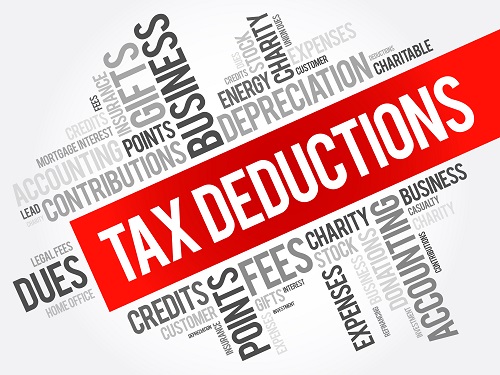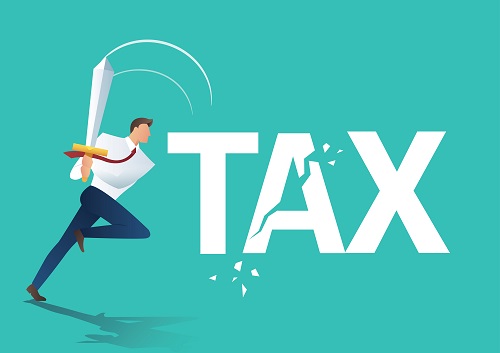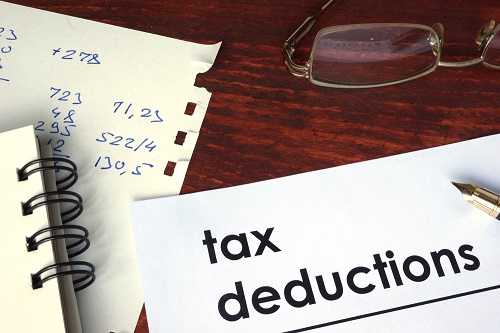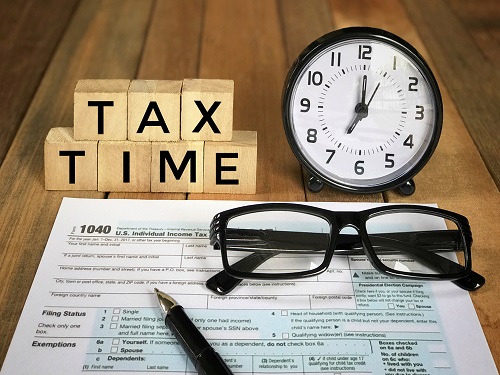Income Tax e-Filing Due Date
As a taxpayer, one should be aware of the due date of filing income tax returns as per the category one comes under. This is important as the due date will depend on your taxpayer category.
For instance, for FY 2021-22, the due date for salaried professionals to file their returns is 31st July 2022. However, one can file their delayed taxes returns by 31st December, but a penalty can be charged.
If the extension has been granted by the government due to inevitable circumstances or an emergency, the penalty will not be charged.
Category of Taxpayer |
Due date for filing returns - FY 2021-22 |
Individual, Hindu Undivided Family, Association of Persons, Body of Individuals. (No audit for books of accounts) |
31st July 2022 |
Businesses (With Audit) |
31st October 2022 |
Businesses (With TP Report) |
30th November 2022 |

 FOR EXISTING POLICY
FOR EXISTING POLICY  1860 266 9966
1860 266 9966
 FOR NEW POLICY
FOR NEW POLICY 












